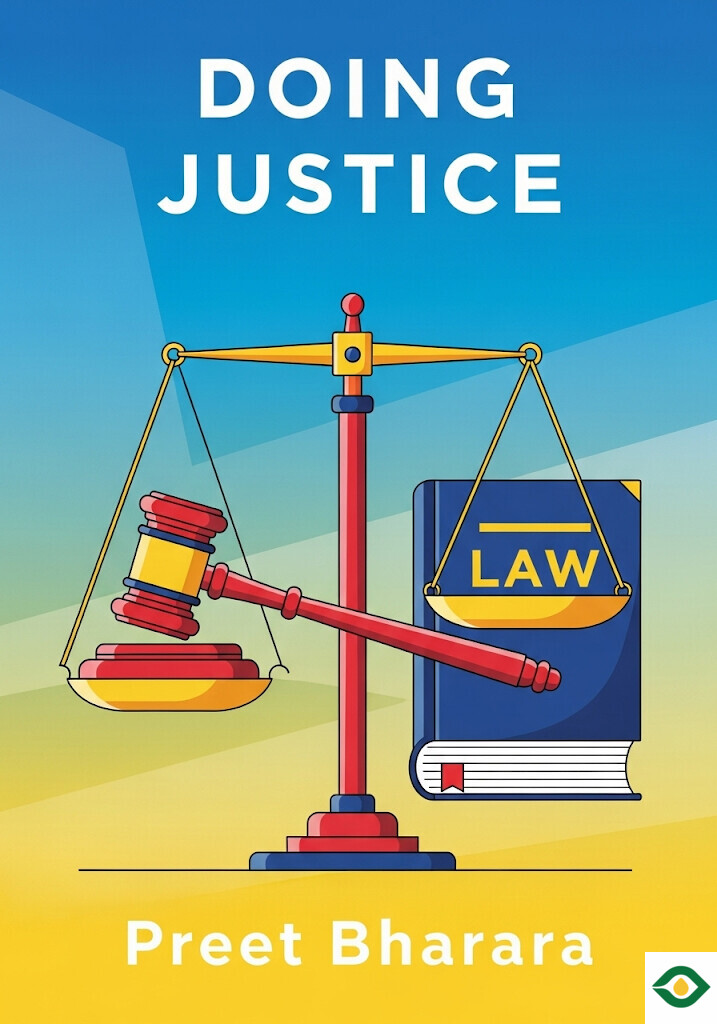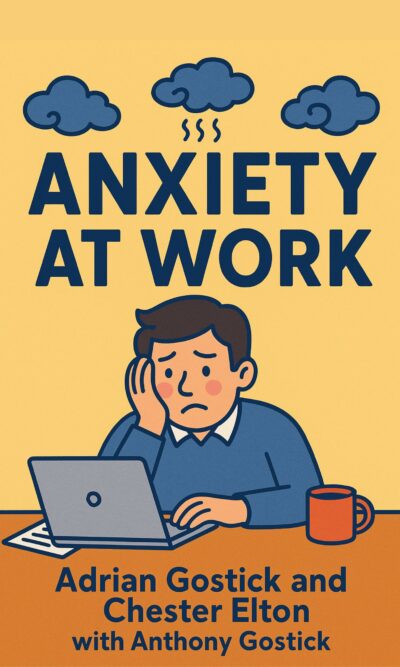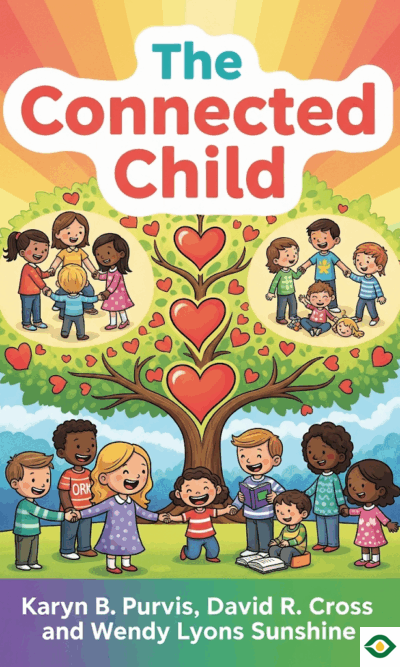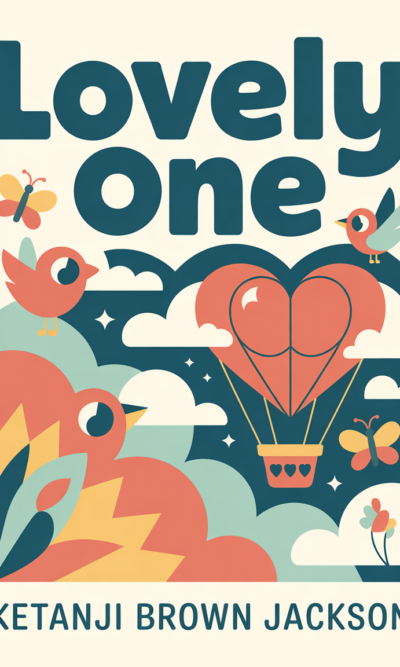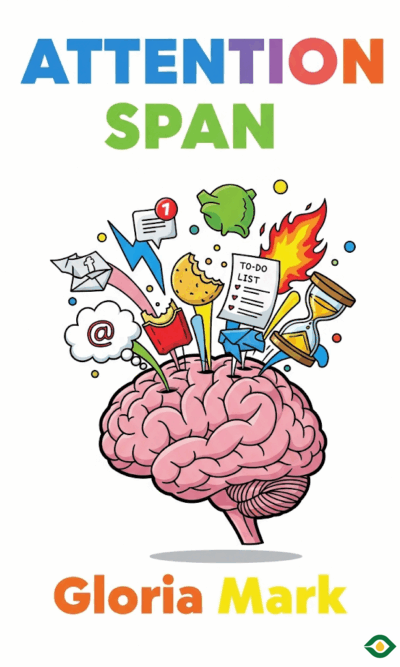Description
Justice is more than punishment. It is about truth, fairness, and humanity. In Doing Justice, Preet Bharara, former U.S. Attorney for the Southern District of New York, explains what he learned during years of prosecuting some of the most important and complicated cases in America. From organized crime to political corruption, from terrorism to everyday acts of violence, he shows how law interacts with people, mistakes, mercy, and morality.
At the heart of his message is this: justice is only as strong as the people who seek it. Investigators, prosecutors, judges, and juries must all fight against bias, laziness, and pressure. Every decision they make has real consequences on human lives.
The process begins with investigation. A good investigator must be patient, thorough, and fair. It is tempting to jump to conclusions, but assumptions can lead to terrible mistakes. Bharara recalls cases where people were wrongly accused because evidence seemed strong but later turned out to be flawed. For example, even fingerprints—long considered reliable—can be misread. In one case after the 2004 Madrid train bombings, an innocent man in Oregon was falsely matched to a fingerprint, leading to days of wrongful suspicion before the truth came out. This shows that certainty in law must always be questioned.
Questioning does not only apply to evidence but also to methods. Sometimes justice requires asking, “Why are we doing it this way?” For instance, prosecutors once never used wiretaps in insider trading cases. Bharara’s team began using them, and it transformed how these crimes were uncovered. Progress often comes from rethinking old habits.
Another part of investigation is persuading witnesses to speak. Bharara explains that compassion and respect work better than threats. A witness is more likely to open up if they feel understood. One investigator succeeded by appealing to a guard’s sense of honor and family, eventually uncovering the truth about a violent crime at a prison. Small human touches can unlock big breakthroughs.
Once enough evidence is gathered, prosecutors must decide whether to bring charges. This stage—accusation—is powerful, because once someone is accused, their life changes forever, even if they are later cleared. That is why prosecutors must act carefully, without being driven by ambition or fear of looking weak. Bharara reminds his team that the goal is never just to win cases, but to do what is right.
Sometimes prosecutors must move quickly when danger is involved. One strange case involved a police officer who wrote online about kidnapping and cannibalism. Was it fantasy or a real threat? The evidence was disturbing, but unclear. Bharara’s office charged him because of the potential risk. The jury first convicted him, but later the judge overturned the verdict, ruling it was imagination rather than action. The case highlights how difficult it is to balance freedom of thought with protection of the public.
Justice also faces challenges from culture and power. Crimes can go unpunished for years when society ignores them. Powerful men like Harvey Weinstein avoided accountability for decades because people feared to speak out. Only when culture shifted with the #MeToo movement did justice catch up. Bharara stresses that prosecutors must be ready to face criticism, because doing the right thing often means going against the crowd.
In court, preparation is everything. Lawyers must be ready not only for their own case but also for the defense’s strategies. They must also deal with judges, who, despite their role, sometimes lean one way or the other. Knowing a judge’s style helps a lawyer keep balance in the courtroom. Trials are unpredictable, but fairness requires readiness.
Even after guilt is decided, the hardest part may be sentencing. How much punishment is “enough”? Too little feels unjust to victims; too much can be cruel. Bharara describes the case of a woman kidnapped as a baby and raised by her abductor for 23 years. The abductor received 12 years in prison, less than the time stolen from the parents. Was that fair? Opinions differ. Justice is not always clear-cut.
Beyond individual cases, Bharara turns to the prison system. He describes the violence and neglect inside places like Rikers Island, where mental illness is widespread and conditions are dehumanizing. Guards, too, often fall into cruelty when trapped in such an environment. Justice does not end with conviction—it must include humane treatment of prisoners. A society that ignores its prisons ignores its own values.
Finally, Bharara reminds us that law has limits. True change often comes from ordinary people, not just prosecutors or judges. He shares the story of Rais Bhuiyan, a man who survived a hate crime shooting after September 11. Instead of demanding revenge, Bhuiyan forgave his attacker and even tried to save him from the death penalty. Though the effort failed, it transformed the attacker, who died acknowledging the power of compassion over hate. This shows that justice is not only about rules—it is also about mercy, forgiveness, and humanity.
In the end, Doing Justice argues that democracy and law depend on trust. If investigators cut corners, if prosecutors seek headlines instead of fairness, or if prisons crush people without care, then justice loses its meaning. To keep society strong, we must uphold truth, fairness, and dignity, even when it is difficult.
Justice is not perfect. It cannot fix everything. But when guided by honesty, compassion, and courage, it can make society safer, fairer, and more humane. Bharara’s book is both a reflection on the justice system and a call for everyone—whether lawyer, citizen, or leader—to protect the values that hold us together.

